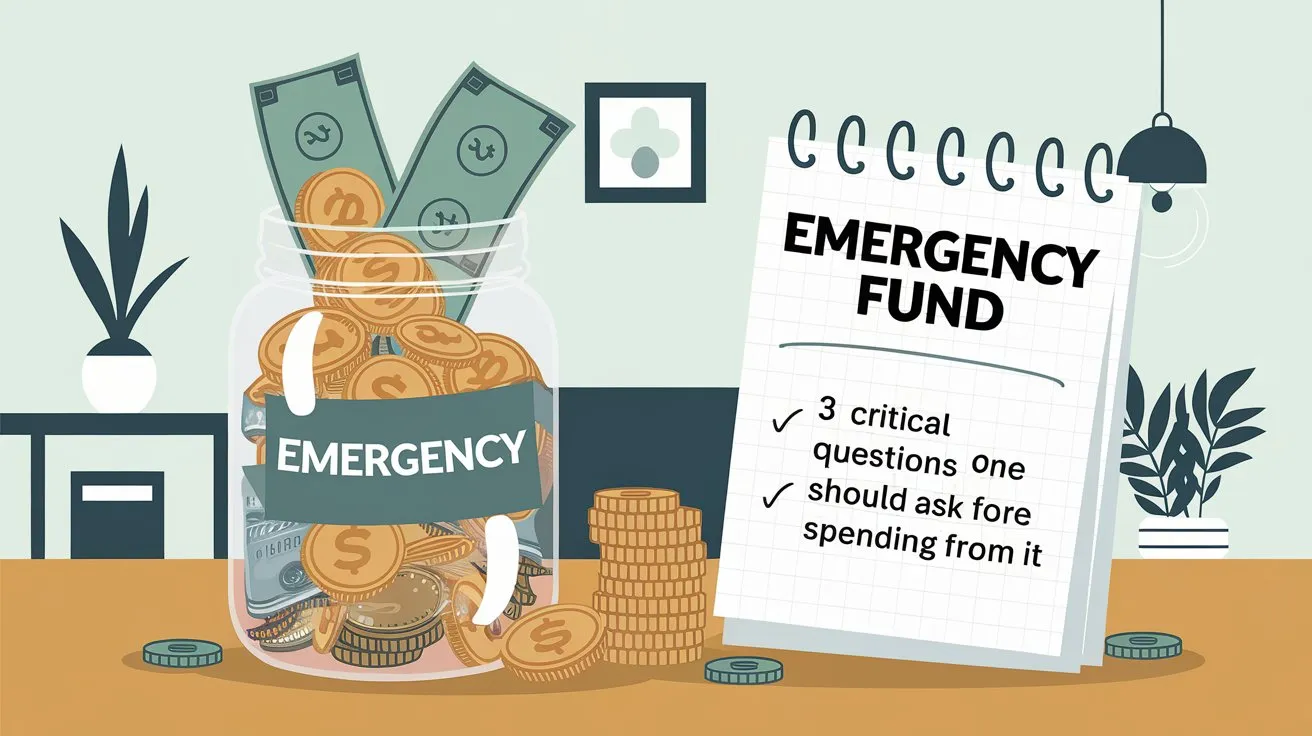Understanding financial literacy
Why financial literacy matters
Here’s why it matters:
Empowerment: Financial knowledge enables people to take control of their financial fate. When you understand your finances, you can make informed choices that lead to a more safe future.
Key financial literacy concepts
1. Budgeting
2. Saving
3. Investing
4. Debt Management
5. Financial Planning
6. Retirement Planning
7. Credit Management
Optimizing your financial literacy
By continuously seeking information about financial trends and tax rules, people can make informed decisions about their financial future. Creating a budget, regularly reviewing costs, and getting professional advice can help maintain financial security.
Investing carefully, such as diversifying stocks and avoiding high-interest debt, can also help save money.
Early retirement planning, such as adding to retirement accounts like 401(k)s and IRAs, can help save money for retirement. Staying updated about tax rules, business strategies, and financial trends is important for a good financial future.

Karthick Raja, MBA, is a personal finance educator and HR professional with 10+ years of experience in Personal Finance ,taxation, payroll, and career development. He helps readers build wealth, manage money wisely, and grow professionally.




